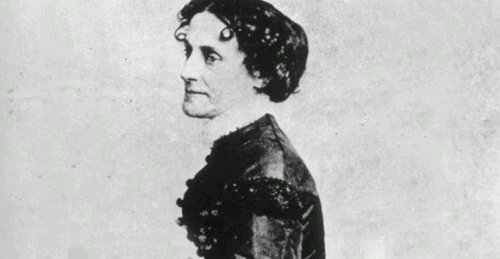Looking for a fascinating book to read before the end of the summer? Start with writers who were...
Born this week:
Maurice Maeterlinck, Belgium"We are alone, absolutely alone on this chance planet: and, amid all the forms of life that surround us, not one, excepting the dog, has made an alliance with us."
Robert Merle, France
Mary Wollstonecraft Shelley, UK"It is justice, not charity, that is wanting in the world."
Theophile Gautier, France"There is nothing truly beautiful but that which can never be of any use whatsoever; everything useful is ugly"
Walter Scott, Scotland"A lawyer without history or literature is a mechanic, a mere working mason; if he possesses some knowledge of these, he may venture to call himself an architect."
William Saroyan, USA"The writer is a spiritual anarchist
, as in the depth of his soul every man is. He is discontented with everything and everybody. He neither walks with the multitude nor cheers with them. The writer who is a writer is a rebel who never stops."
Eldridge Cleaver, USA"The price of hating other human beings is loving oneself less."
Edgar Rice Burroughs, USA"I had this story from one who had no business to tell it to me, or to any other."
Paul Bourget, France"At certain moments, words are nothing; it is the tone in which they are uttered."
Hans Aanrud, Norway
Ignacio Agusti, Spain
Francois de Chateaubriand, France"As soon as a true thought has entered our mind, it gives a light which makes us see a crowd of other objects which we have never perceived before."
Leonard Frank, GermanyDied this week:
Henri Barbusse, France"Two armies that fight each other is like one large army that commits suicide."
Ilya Ehrenburg, Russia"You could cover the whole world with asphalt, but sooner or later green grass would break through."
Goffredo Parise, Italy
Giuseppe Giacosa, ItalyFrancois Mauriac, France"One can touch a living soul through a curtain of vice and crime no matter how dense and dark: but vulgarity is an insurmountable barrier."
Johannes Bobrowski, Germany
J.R.R. Tolkien, UK"Wars are not favourable to delicate pleasures."
Ivan Turgenev, Russia
Jean Rostand, France"I should have no use for a paradise in which I should be deprived of the right to prefer hell."
Victor Nekrasov, Russia
Georges Simenon, France"Writing is not a profession but a vocation of unhappiness. I don't think an artist can ever be happy."








